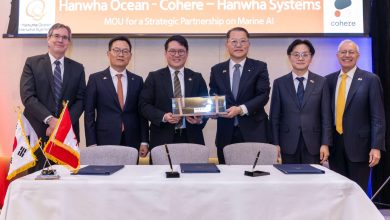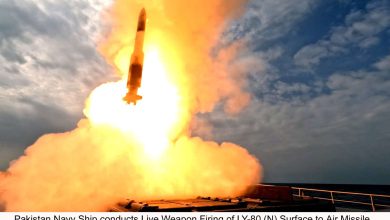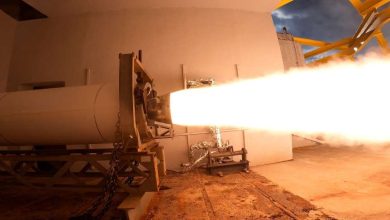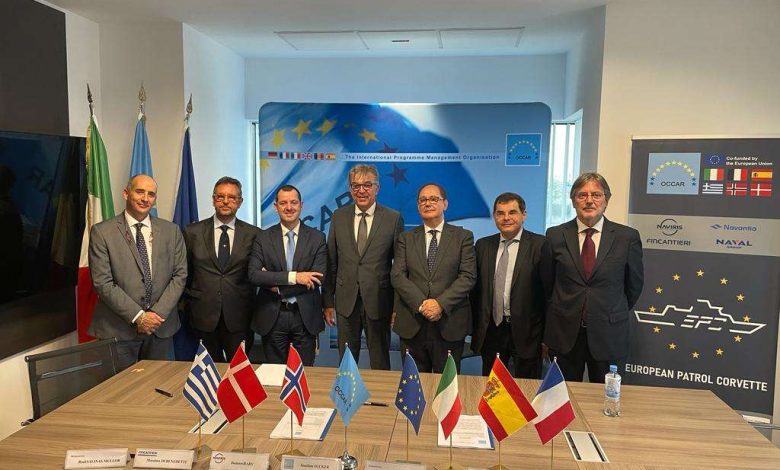
Inauguration of the European Patrol Corvette Initiative: Signing the Groundbreaking Modular Multi-Role Contract
On the 24th October 2023, during a ceremony held at the OCCAR facilities in Rome, OCCAR (Organisation for Joint Armament Cooperation) executed agreements with a consortium led by Naviris, which includes Fincantieri (Italy), Naval Group (France), Navantia (Spain), along with other stakeholders from Greece, Denmark, and Norway (*). This marks the signing of all contractual agreements for the Modular and Multirole Patrol Corvette (MMPC) pertaining to the initiation of the European Patrol Corvette (EPC) initiative.
The total worth of this initial phase is €87 million, significantly backed by the European Commission (EC) through the European Defence Fund (EDF). Specifically, €60 million will be provided by the EC as “grants,” while the remaining €27 million will come from the supporting Member States (Italy, France, Spain, Denmark, Greece, and Norway). OCCAR will oversee the comprehensive scope of this initiative, functioning as the Granting Authority on behalf of the EC, and as the Contracting Authority on behalf of the aforementioned Member States.
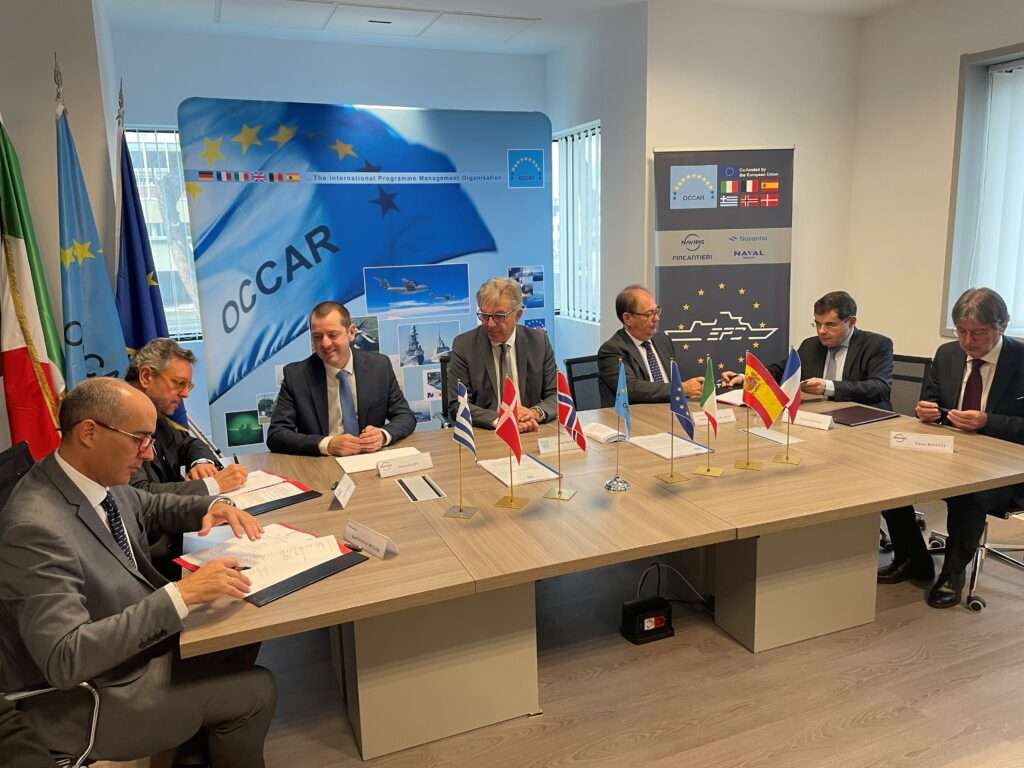
On the same day, representatives from the companies formalized a consortium agreement aimed at governing the project’s execution while enhancing synergies and collaboration among the European shipbuilding sectors.
This initial contract for the MMPC spans 24 months and seeks to deliver the preliminary design of a next-generation naval vessel, the European Patrol Corvette (EPC), initiated under the framework of a PESCO project (1). The EPC will initially feature two primary variants: the Long-Range Multipurpose and the Full Combat Multipurpose, each designed to incorporate innovations, synergies, and cross-fertilization among three leading European shipbuilding firms—Naval Group, Fincantieri, and Navantia—tailored to the operational requirements of various Navies.
The EPC project signifies a significant advancement in European defense collaboration. It will greatly enhance European autonomy in the realm of second-line vessels by fortifying the European industry, boosting efficiency, and minimizing the timeline from military requirements to naval deliveries. By collectively developing a novel and innovative class of corvettes, the four companies strive to ensure and promote European sovereignty rooted in domestic skills and expertise. This agreement underscores the capability of the nations, facilitated by OCCAR’s management, to collaborate effectively and amalgamate the expertise of their distinguished naval industries in support of European navies. It also illustrates the essential role played by the EDF in assisting European Member States in cultivating defense capabilities produced in Europe.
Employing cutting-edge and transformative technologies, this new class of vessels will represent a fleet of intelligent, innovative, cost-effective, sustainable, interoperable, and adaptable ships, engineered to fulfill a wide array of missions within a perpetually changing landscape. Depending on the unique specifications of each Navy, these vessels will be capable of undertaking various missions in operational scenarios ranging from extensive sea surveillance with enhanced autonomous capabilities to law enforcement and sovereignty affirmation activities near coastal areas, tailored to meet different Navies’ requirements.






